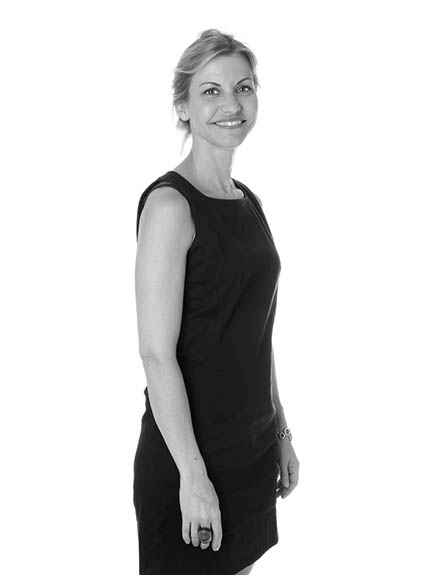| marie-hélène le ny |
|
photographist |

|
“How
is culture financed? Directly by grants or government
expenditure? Or indirectly by tax expenditure or exonerations
which allow taxpayers – often in partnership with public
persons – to fund cultural projects? These questions were
the subject of my thesis in which I studied how these different
instruments of public accounting had been used to fund cultural
heritage, from the old regime to modern day. I covered cultural
heritage in the material sense, i.e. what we call in law personal
property and real property: objects of art, historical monuments
and also immaterial cultural heritage ranging from popular traditions
to living performances. In public law, the links between politics
and legal aspects are clear, often fluctuating between attraction
and repulsion, depending on the subjects covered.
To become associate professor in public law, I had to work on a large number of subjects and demonstrate my ability to express complicated problems simply, on nearly all of the main subjects of public law, ranging from constitutional law to administrative law to public international law, including more specific subjects such as European Union law. You learn to teach on the job. It was my vocation to instruct, to teach students to develop critical thought, to develop an analysis. In law, there are numerous professional opportunities, such as a career in the field of justice – magistrate, solicitor (favoured by students today) – or the civil service. Some choose to specialise in international functions or to continue to doctoral level to become a lecturer-researcher or to become an associate university professor.” |
||
|
Céline Delivré, Professor of public law, University Paris 13 |
|||
|
|
|
|